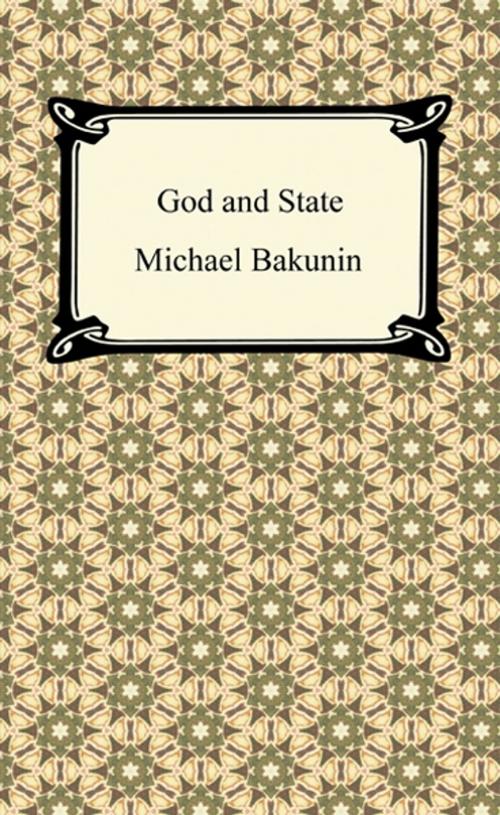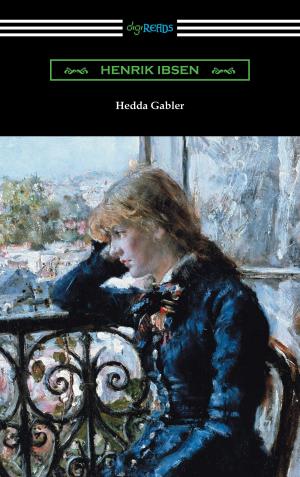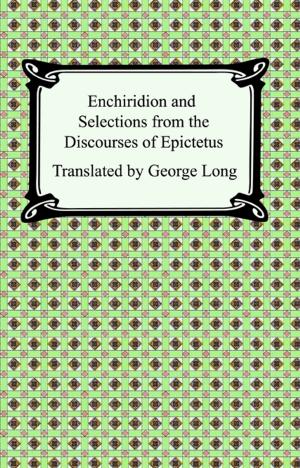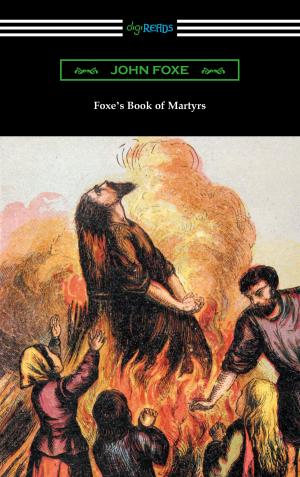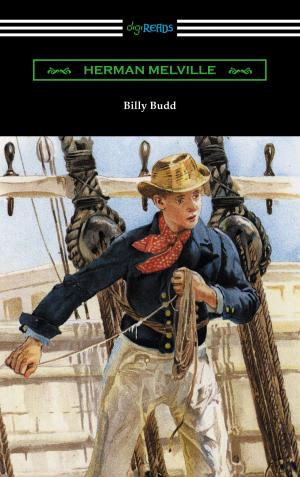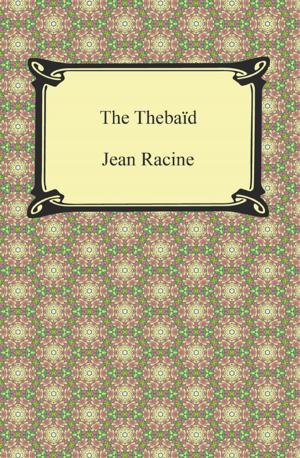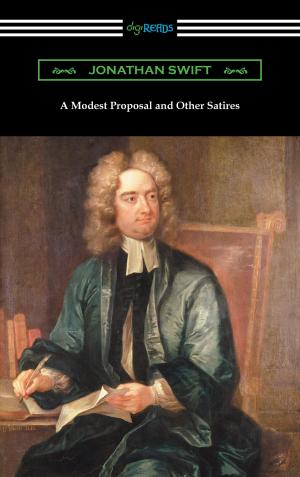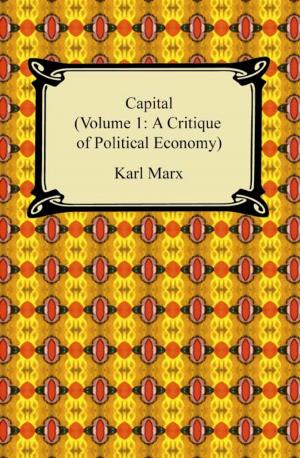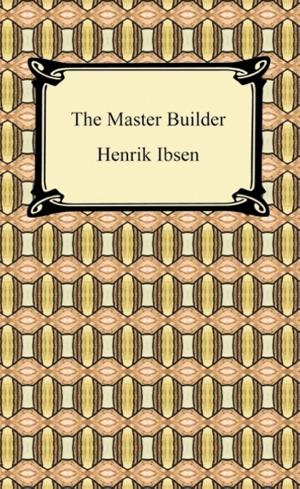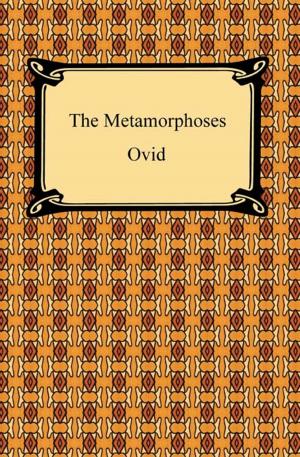God and the State
Nonfiction, Social & Cultural Studies, Political Science, Government, Communism & Socialism| Author: | Michael Bakunin | ISBN: | 9781420900781 |
| Publisher: | Neeland Media LLC | Publication: | January 1, 2012 |
| Imprint: | Digireads.com Publishing | Language: | English |
| Author: | Michael Bakunin |
| ISBN: | 9781420900781 |
| Publisher: | Neeland Media LLC |
| Publication: | January 1, 2012 |
| Imprint: | Digireads.com Publishing |
| Language: | English |
Mikhail Bakunin (1814-1876) was a Russian revolutionary and theorist, and has often been called the father of anarchist theory. Bakunin studied philosophy, finding himself drawn to works by Fichte and Hegel, eventually converting himself entirely to Hegelianism. Bakunin gained criminal status after being deported from France where he met George Sand, Pierre-Joseph Proudhon and Karl Marx and later being arrested for his involvement in the Czech rebellion of 1848. His unfinished 1871 work, "God and the State", was intended to serve as the second part of a greater work called "The Knouto-Germanic Empire and the Social Revolution". It explores the psychology of the anarchist, rejects the notion of privilege or class, and wholly advocates radical revolution by rejecting all governing systems. Arguably Bakunin's most famous work, "God and the State" is an excellent read for anyone interested in political science or philosophy, particular the differences between anarchism and communism.
Mikhail Bakunin (1814-1876) was a Russian revolutionary and theorist, and has often been called the father of anarchist theory. Bakunin studied philosophy, finding himself drawn to works by Fichte and Hegel, eventually converting himself entirely to Hegelianism. Bakunin gained criminal status after being deported from France where he met George Sand, Pierre-Joseph Proudhon and Karl Marx and later being arrested for his involvement in the Czech rebellion of 1848. His unfinished 1871 work, "God and the State", was intended to serve as the second part of a greater work called "The Knouto-Germanic Empire and the Social Revolution". It explores the psychology of the anarchist, rejects the notion of privilege or class, and wholly advocates radical revolution by rejecting all governing systems. Arguably Bakunin's most famous work, "God and the State" is an excellent read for anyone interested in political science or philosophy, particular the differences between anarchism and communism.
